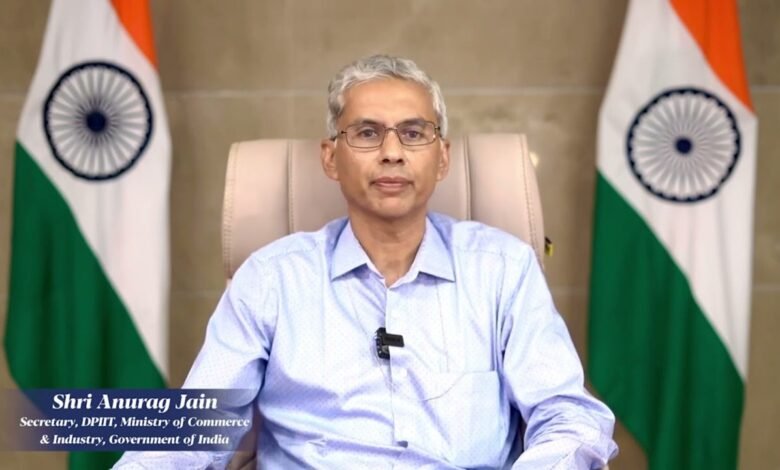Provisions in Finance Bill’s ‘Angel Tax’ won’t affect startups: DPIIT Secretary

According to a senior government official, the Finance Bill’s “angel tax” provision would not have an effect on startups in India.
Anurag Jain, the department’s secretary, stated at the IVCA Summit in Mumbai that startups registered with the Department for Promotion of Industry and Internal Trade are not included in the scope.
“Let me put one thing very clearly. It doesn’t affect startups in the least,” he said, addressing the audience at the event organised by the venture capital industry group.
The startup recognition procedure is also quite straightforward, he noted, and any application would immediately receive it. He claimed that there is a “clear clause” that states that companies that are recognized by DPIIT are exempt from the scope of the plan.
The proposed regulatory changes in the Finance Bill through the modifications to Section 56(2) VII B of the Income Tax Act alarmed startups. It is also suggested to extend taxation to overseas investors, meaning that a company receiving funding from a foreign investor would also be required to pay income tax if the amount received exceeds the face value of the shares.
Jain stated that further concerns highlighted by the venture investment community have been presented to the department of revenue for assessment without going into further detail.
He stated that we must consider how to better mobilize domestic resources for start-ups and modern businesses.
This has already changed, allowing long-term pension and insurance funds to invest in alternative investment funds, among other things.
According to him, India would be a developed nation by 2047, and a conservative estimate has its GDP at $30 trillion, making it the second largest in the world.
“Growth will be driven by knowledge, sustainability, and innovation,” he said, citing that entrepreneurs have appropriate solutions for all three.
According to Jain, the financing for Indian startups fell in 2022 as a result of unfavorable geopolitical developments and macroeconomic challenges, while he emphasized that India is still in a comparably stronger position than other nations.





